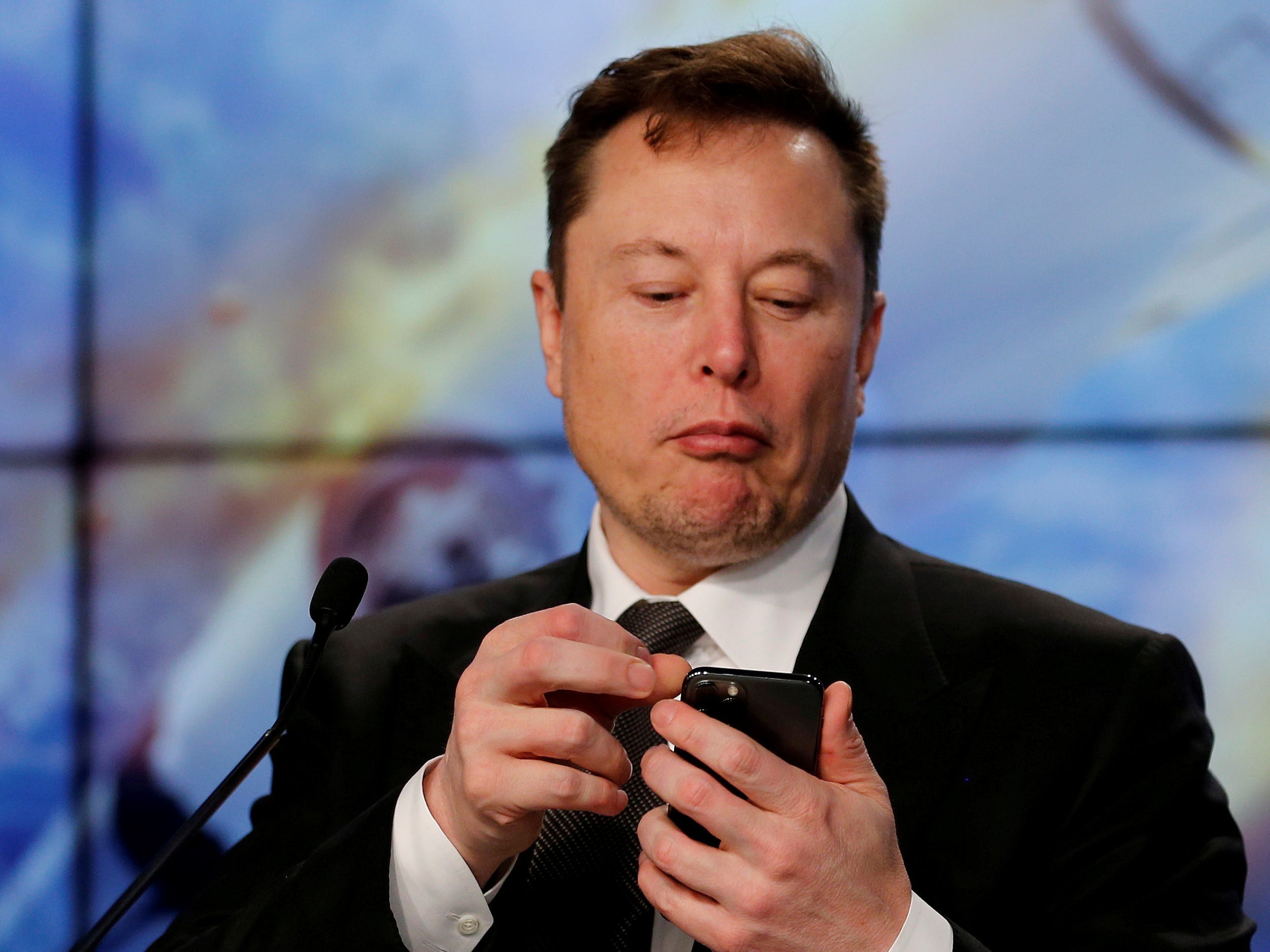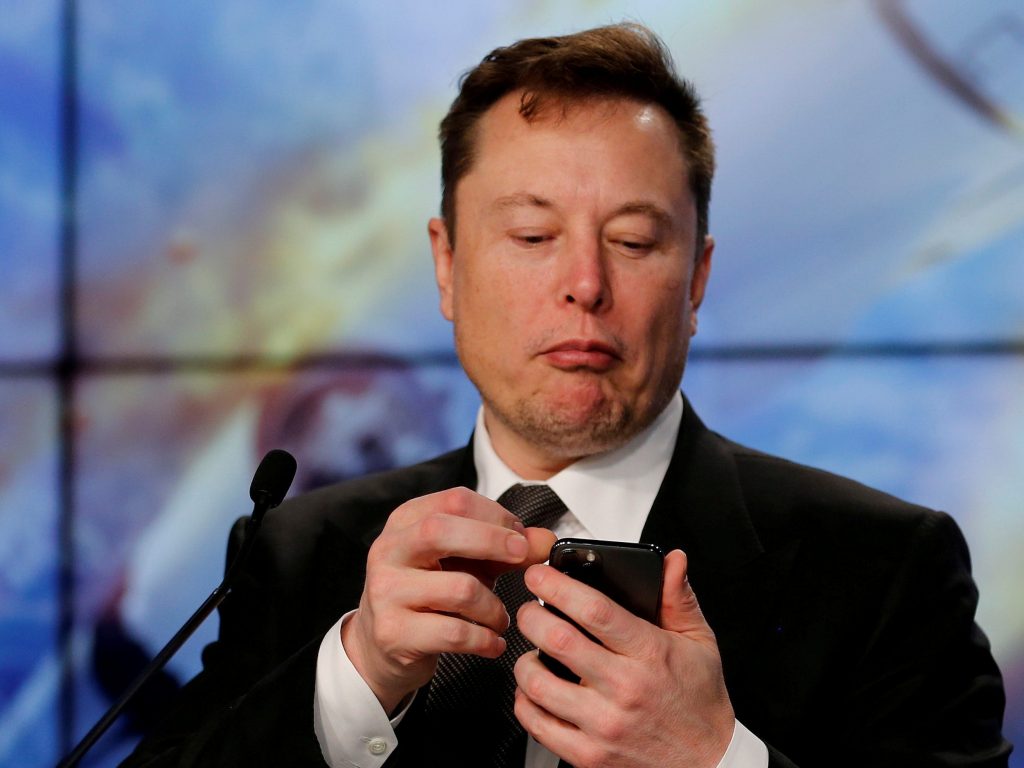
Joe Skipper/Reuters
- Elon Musk said on Twitter that Rivian should focus on production levels before building a new plant.
- In July, Rivian confirmed it was looking for a second US factory for its electric cars.
- The same month the startup delayed the first delivery of its electric pickup truck.
- See more stories on Insider's business page.
Tesla CEO Elon Musk has some advice for electric car startup Rivian – get your first factory "working" before trying to expand into a second one.
Musk commented on the issue on Twitter on Wednesday, following a Reuters report that Rivian is looking to build a second US plant and has scouted a location in Fort Worth, Texas.
"I'd recommend they get their first plant working," Musk tweeted on Wednesday. "It's insanely difficult to reach volume production at affordable unit cost."
-Elon Musk (@elonmusk) August 11, 2021
In July, Rivian confirmed it was scouting for its second US factory in addition to its current factory in Normal, Illinois. The company plans to invest as much as $5 billion in the new facility.
The EV startup announced last month it was delaying the release of its first delivery of the R1T electric pickup truck, pushing deliveries to September - a sign that the company could be taking on more than it can handle, according to some critics.
"Most problems in a production plant are found out during production and not beforehand," Auto reporter Alex Voigt tweeted following the news of the factory scouting. "Planning a new plant without that experience isn't smart it's stupid."
Musk agreed with the comment on Twitter.
-Elon Musk (@elonmusk) August 12, 2021
Rivian did not respond to a request for comment from Insider.
When the company announced it was delaying the pickup truck, the startup's CEO RJ Scaringe attributed the delay to supply chain issues caused by the pandemic. He told investors in a letter that Rivian planned to thoroughly test its vehicles instead of rushing to deliver.
"There are many reasons why our production ramp is taking longer than expected," Scaringe wrote. "The cascading impacts of the pandemic have had a compounding effect greater than anyone anticipated. Everything from facility construction, to equipment installation, to vehicle component supply (especially semiconductors) has been impacted by the pandemic. Beyond these unforeseen challenges, launching three new vehicles while setting up a multi-vehicle manufacturing plant is a complex orchestra of coordinated and interlinked activities where small issues can translate into ramp delays."

